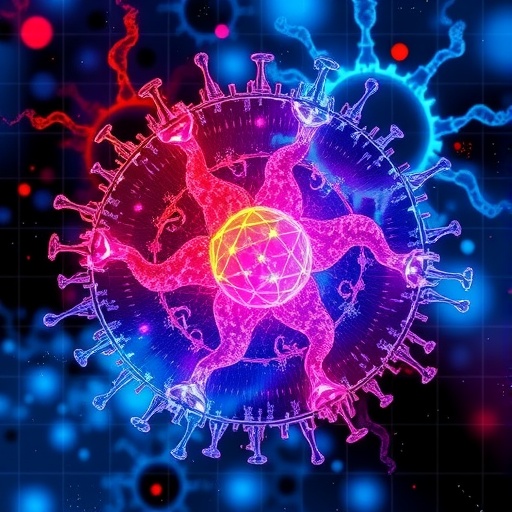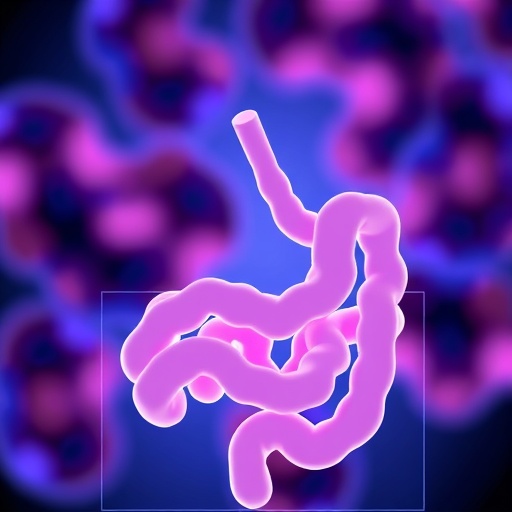A new model exploring how evolutionary dynamics work in natural selection has found that phenotypic diversity, or an organism's observable traits, co-evolves with contingent cooperation when organisms with like traits work together to protect themselves from outsiders, according to a Dartmouth-led study published in PLOS Computational Biology. The study also finds that diversity helps prevent the collapse of cooperation.
Understanding how evolutionary dynamics of cooperation like these work, especially at the individual level, is critical given the implications that these have on human health, other organisms and the environment, especially when it comes to phenotypic variation.
Consider that you have a group of "resident cooperators" and "invading defectors" in a community. By creating a mathematical model, the researchers found that to prevent invasion from defectors, cooperators could express a new phenotype that serves as a secret tag, making it difficult for defectors to break through the new code to join the group. This in turn allows the cooperators more time to flourish.
Prior studies have explored that interactions based on phenotypic similarity can promote cooperation. Yet in these models, the level of phenotypic diversity is prescribed such that individuals each possess the same number of available phenotypes, and thereby, no evolution of phenotypic diversity per se. The new model does not require any prescribed level of phenotypic diversity but rather lets it be an evolvable trait. The study shows that phenotypic diversity and contingent cooperation can coevolve under wide conditions, and moreover, natural selection favors an optimum level of phenotypic diversity.
"We find that cooperation prevails, as well as is resistant against the invasion by defectors, only if the co-evolved level of phenotypic diversity is high; in stark contrast, the evolved phenotypic diversity quickly gets lost once defectors take over the population." says senior author Feng Fu, an assistant professor of mathematics at Dartmouth, whose lab specializes in evolutionary dynamics.
"From this perspective, our study establishes theoretical rationale regarding why it is appealing to live in a diverse society and why we need to make efforts to increase diversity on campuses." Fu said.
Although phenotypic diversity and contingent cooperation are typically associated with the biological sciences, the findings of the study could be used to help explain sociological phenomenon, such as the evolution of in-group favoritism or that of "playing favorites" in social groups.
###
Fu is participating in a multi-institutional research project led by Gallup (Dartmouth College, Georgia Tech Research Institute and Yale University), which will use mathematical models and novel experimentation methods, to examine the emergence of collective social identities in social and political events, as part of the Defense Advanced Research Projects Agency's Next Generation Social Sciences program. Fu said the modeling results in this study will help establish theoretical rationale and generate hypotheses that have yet to be tested empirically, including on how diversity of social groups and cooperation mutually reinforce each other.
Senior author Feng Fu is available for comment at: [email protected]. In addition, Te Wu, a lecturer at Xidian University, who is also a post-doctoral fellow at the Hong Kong Polytechnic University, and a former Shapiro Visitor in Mathematics at Dartmouth, and Long Wang, Chang-Jiang Distinguished Professor of Dynamics and Control at Peking University, also served as co-authors of the study.
Media Contact
Amy D. Olson
[email protected]
603-646-3274
@dartmouth
http://www.dartmouth.edu
############
Story Source: Materials provided by Scienmag




